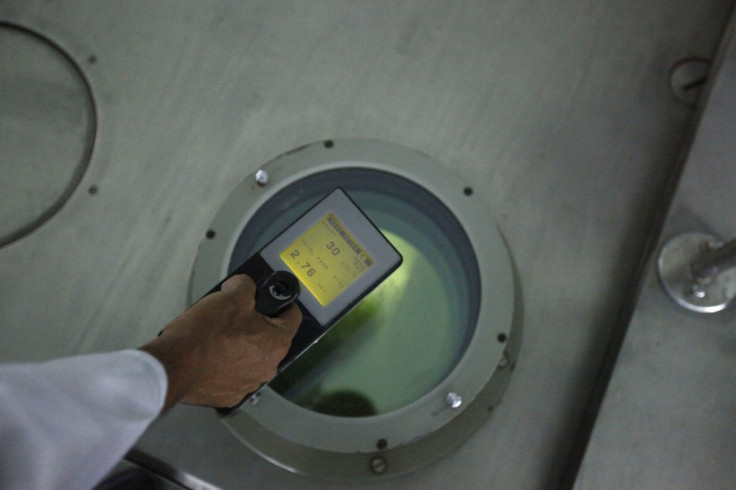Namibia Uranium Mine Workers Dying from Unexplained Illnesses

Namibian miners who worked in uranium mines in the 1970s are dying of cancers and unexplained illnesses, a study has shown.
The miners, who worked on the colossal Rio Tinto-owned Rössing uranium mine, were digging uranium ore that allowed the British and US militaries to build bombs and civil nuclear power.
The study was based on questionnaires of current and former miners at the Rössing facility in which all of the participants said that they knew someone suffering from a disease or unknown illness linked to their work at the mine.
"The older workers all said they know miners dying of cancers and other illnesses. Many of these are now retired and many have already died of cancers," says the report.
"People get sick. We are seeing it in people that have worked for Rössing for a long time. They just go back and die after working at Rössing," one man told researchers working with Earthlife Namibia and the Labour Resource and Research Institute, according to The Guardian.
The mine produces 7% of the world's uranium but did not adhere to safety standards when it opened in 1976.
All of the workers said that they were exposed to high dust levels despite increased safety levels since the 1970s, according to the study.
"Two current workers are on sick leave since 2000 and 2003. One worked as a laboratory technician for 24 years and claims to have proof he was radiated," a report summary says, according to The Guardian.
A Rio Tinto spokesman told the newspaper: "The company keeps detailed records of the health status of its workforce from the day of employment to the day they leave the company. It therefore does not need to speculate on health issues of its employees."
Former workers spoke of their diagnosis of cancer, other illnesses and the lack of treatment received.
"Yes, I have cancer now. In the beginning they [Rio Tinto] did not want to give money for the treatment but later when they referred me to a doctor for an operation they gave me money for treatment," the worker said.
"Doctors were told not to inform us with our results or tell our illness. They only supply you with medications when you are totally finished up or about to die," said another.
Rio-Tinto is a UK-based company which owns 69% of shares in the mine - one of the largest in Africa.
© Copyright IBTimes 2024. All rights reserved.






